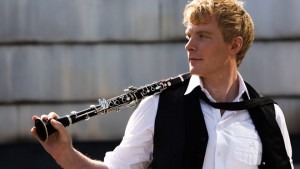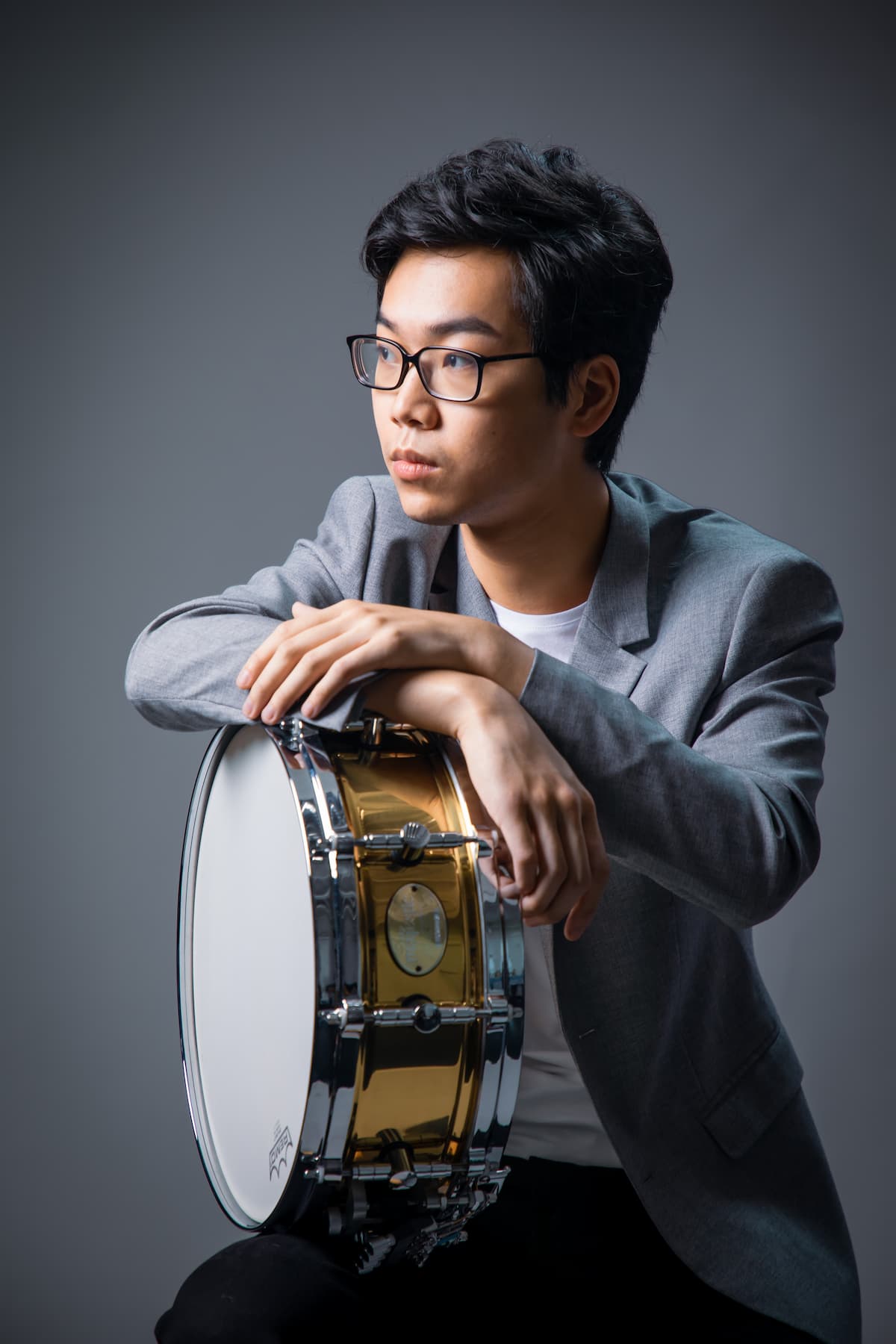 Martin Fröst is one of the world’s most highly-acclaimed clarinettists, well-known for his huge versatility. Concerto appearances, chamber music, conducting: he is highly respected across all these fields, in addition to being a proponent of commissioning new works for the clarinet. Here’s how he does it…
Martin Fröst is one of the world’s most highly-acclaimed clarinettists, well-known for his huge versatility. Concerto appearances, chamber music, conducting: he is highly respected across all these fields, in addition to being a proponent of commissioning new works for the clarinet. Here’s how he does it…
How different is it directing an ensemble as well as playing (for example, when doing a concerto without a conductor)?
I have learnt a lot in doing this- I’ve learnt a new way of how one listens to an orchestra and how to inspire an orchestra to listen to each other, plus how to get away from the focus of your own playing and take responsibility for the whole thing. In this situation you feel a different connection with the players which makes for a unique experience, but in both situations it’s about making music together and I equally enjoy directing as well as working with a conductor; in fact, I feel that I have changed in good way as player from these experiences when I then have a conductor by my side.
Does your performance attitude differ between performing solo and chamber works? If so, how?
When performing chamber works, one has to be open-minded to others’ interpretations which naturally requires a different mindset; it’s about exploring the music together to bring forward one new interpretation, which can be quite exciting as you may discover something you hadn’t explored before. Even with solo music, such as a concerto, I have the opinion that every piece is about chamber music and listening.
How important is it to you to commission new works?
One of the most important things I am doing besides playing the repertoire we already have is to play new music, which is especially important for the clarinet, which has a limited repertoire. I have been very lucky within my career to be able to play a big part in expanding the repertoire and will always enjoy the opportunities presented to me to do this.
In terms of spontaneity of interpretation, how much do you leave to the performance and how much do you factor into your practice?
Of course, one spends a lot of time thinking about their interpretation in the practice room, but there will always be an energy and feeling that can only happen in a performance that will bring something new and spontaneous, which is a very special and exciting experience; I always have the feeling that we are inventing the whole thing right there in the concert, “here and now”.
Was there a formative experience, or particular memory or event, that made you want to become a professional musician?
My childhood was soaked in music, and it forms part of my earliest memories – from the heartbreaking sadness of the bedside singing before I’d finally go to sleep to the sound of my parents practising chamber music in the living room, starting up a new chamber orchestra or singing with yet another vocal group. When there was no live music, my indefatigable father would be playing his vinyl discs – Brahms’ dances, chamber music by Schubert and Schumann, Beethoven’s sonatas and symphonies – and I would soar… I heard the Mozart clarinet concerto for the first time when I was 8 years old and totally fell in love with the music.
You are a musician largely in the public eye. Do you find you have much time for yourself – is it hard to separate your professional from your personal life?
It’s always difficult, but with careful planning, I am able to ensure that my time is balanced between personal time with my family, working and, yes, occasionally I may have a couple of hours to myself too! Apart from music, I find reading, friends and family important to me.
Martin Fröst Official Website
Kalevi Aho – Clarinet Concerto – 1. Tempestoso
Mozart Clarinet Concerto part 2



